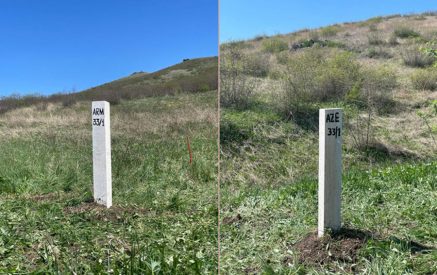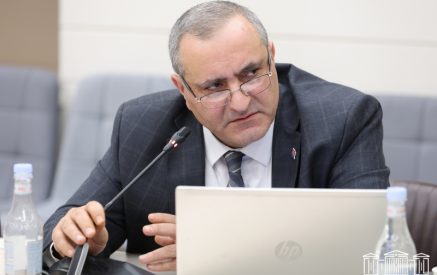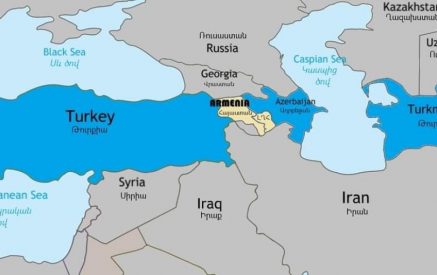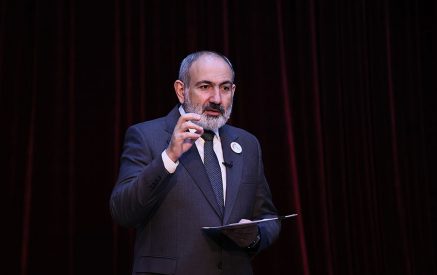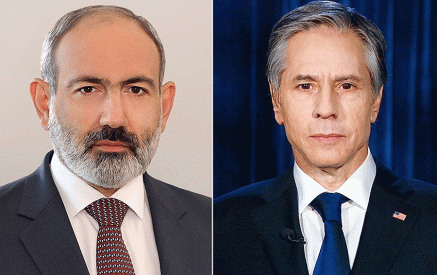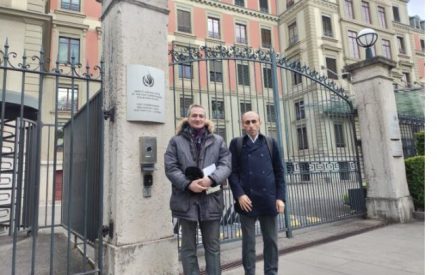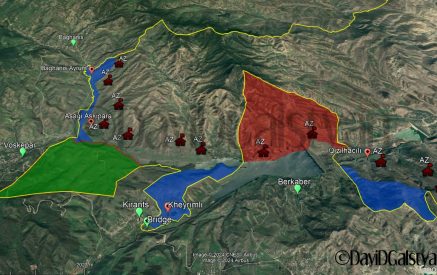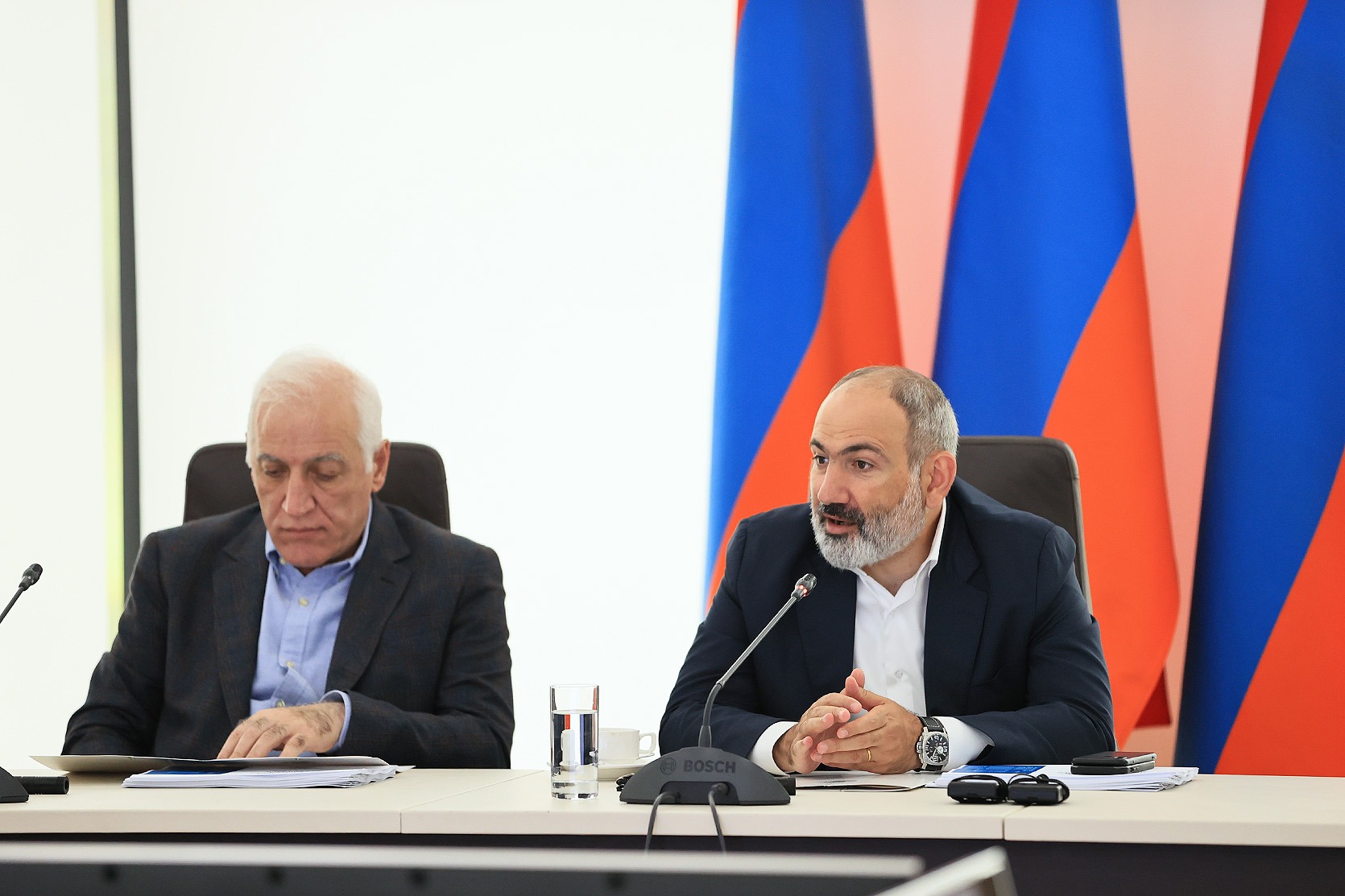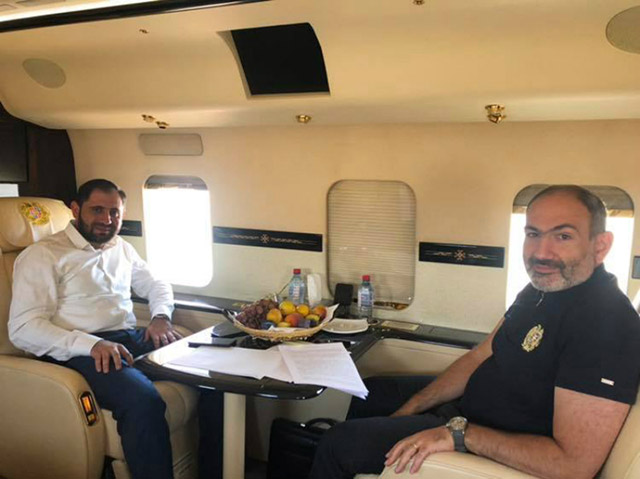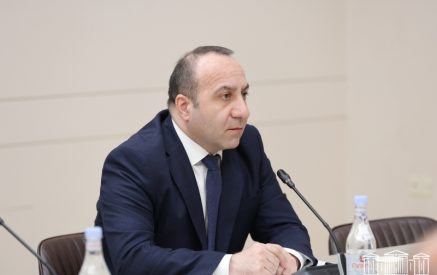The International Monetary Fund (IMF) published a report entitled Caucasus and Central Asia: Regional Economic Outlook the other day, according to which the level of shadow economy in Armenia was one of the highest not only in the South Caucasus region, but also among the countries of Eastern Europe and Central Asia even in accordance with the research conducted as early as in 2008. According to the report, the shadow economy in Armenia accounts for 35 percent of gross domestic product. www.aravot.am inquired of Armenian experts whether he IMF report reflected the objective reality in the mentioned field of Armenia.
Vahagn Khachatryan, a member of the Armenian National Congress (ANC), said during a conversation with us that those figures “will surely be higher and not lower” and added: “In reality, they avoid doing more concrete work. It just means to really assess the shadow economy in the country, since they measure gross domestic product, but they don’t want to measure the shadow economy, it is not that they cannot, they are just not instructed to do that.”
Mr. Khachatryan mentioned that the IMF had its methodology, which is the same in all countries. Then, he recalled the digital data of Georgia, particularly the fact that in 2006, 2007, the shadow economy in Georgia was more than 50 percent and the numbers are lower now.
Read also
Talking about the digital data of Armenia in the report, V. Khachatryan assessed them in the following manner, “35 percent for Armenia is low; the shadow economy percentage is higher in Armenia.”
In response to our question whether the measures taken by the government of the Republic of Armenia were adequate to the worrying picture shown by the international organization,
Mr. Khachatryan said, “Gagik Minasyan, Vache Gabrielyan and other representatives of the government say that it is impossible to measure the shadow economy. It is not correct to give such answers. It is very clear – there are respective methods to measure. According to those measurements, the shadow economy in Armenia is more than 50 percent. And if they measure correctly, it will mean that the economic policy in the Republic of Armenia should be pursued in a way that will eliminate the taxation system, as a result of which one of the indexes should be correlation between taxes and gross domestic product. To measure how big the tax burden is in the legislature, how much money it will allow to collect in taxes and taking that into account, to decide whether it is collected or not. If it is 35 percent, it means that this amount of taxes is not collected. Therefore, a task to make the Armenian economy open, competitive and not monopolistic is not undertaken. A task is undertaken to make certain people rich. In that case, incidents related to buffalo meat and pensions will still take place.”
Gagik Minasyan, the chairman of the fiscal, budgetary and economic issues standing committee of the National Assembly, didn’t wish to make a long comment on the report. He just noted, “That report is a bit unclear for me, since the numbers regarding the Uzbekistan shadow economy were thrice lower than those of Ukraine. It confused me, how can they get such numbers?”
Tatev HARUTYUNYAN

